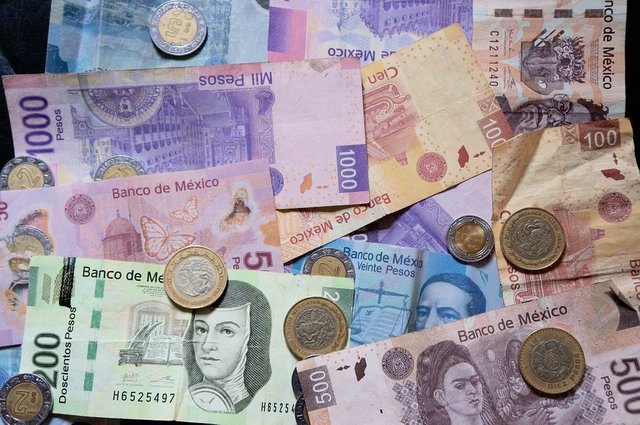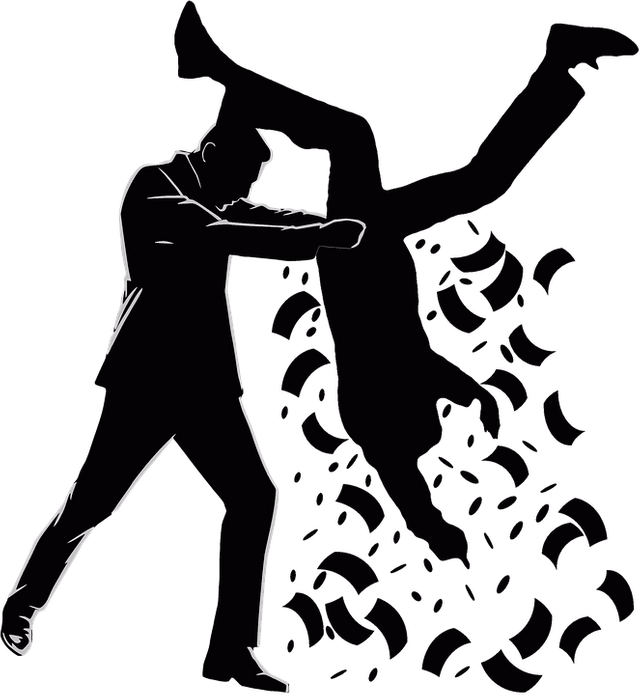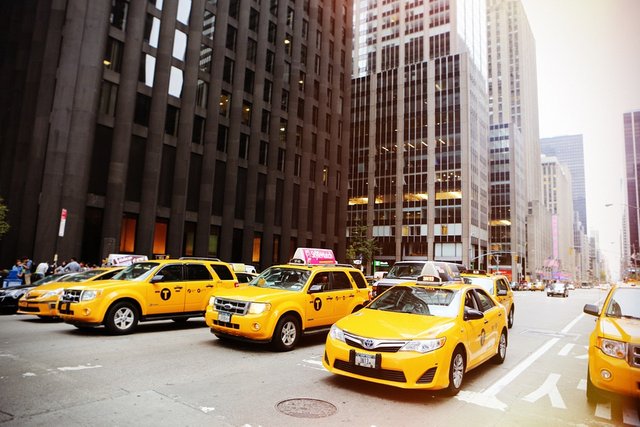A Couple of New Scams by "Friendly" Chileans
Chile is well-known for its scams.

It is society built on lying, cheating, stealing, dishonesty and deception. I do not know how I can put it more plainly. Yet, those of us raised in other cultures, even after living here many years, can still be blindsided by criminals and scammers. Thus, one can imagine how bad the situation can be for newcomers. That weakness is something profound that you should not take lightly, starting from the moment that you step off the aircraft at the Santiago airport. If you do not, beware the biblical adage: "Therefore let him who thinks he stands take heed lest he fall" (1 Corinthians 10:12), because you likely will fall!
Recently, a new client of mine arrived in Chile. It was the first international trip he had taken in his life, fueled by fears of being "Trumped." He got scammed by a taxi service, ignoring careful instructions from me, or at least not taking them seriously.
Normally, we pick up all clients personally from the airport with VIP service. However, this one had made a last-minute plane reservation and had an arrival time that conflicted with other commitments we had, thus making it necessary to find an alternative means to pick him up. The client was so worried about President Trump and the coming expected world war that he did not want to waste any time in leaving "the land of the free." Unfortunately, he paid the price for not acting sooner and giving us a chance to better-prepare for his arrival.

Many Chilean hotel transfer drivers have long since given up writing names of arriving guests on placards. Crooks would simply look for the names that drivers had written and write them on their own placards, figuring out ways to get to the customer first. Then they would drive him off and either rob him or at the very least charge him an exorbitant amount to get to the hotel--sort of a "ransom service." Under current practice, many hotels just hold up a placard with the logo of the hotel and the customer is instructed to look for that logo instead of their name.
Nowadays, there are pirates at the arrival gate, masquerading as airport employees. The merry thugs and thieves hire a front-man that can speak good English, providing a welcome voice to weary international travelers in a sea of foreign language confusion. Yet, sometimes bilingual Chileans are the least trustworthy, even if they wear a convincing uniform!

The tactic is simple: identify a target as he leaves the sliding glass doors at customs. Gringos are usually easy to pick out, especially when they look lost or a little tired and bewildered. Then politely ask him if he needs some assistance, noting that (the pirate) is an airport employee assigned the task of helping international travelers: a sort of "welcome to Chile" service.
In the case of my unwary client, the pirate was informed that he needed no help since he was awaiting a transfer van from the Renaissance Hotel. Then the pirate replied, "unfortunately, that van had already left." (Literally, "he missed the bus" and was about to get bent over without knowing it was coming.) No worries, however, replied the "airport employee," since he had other trusted taxis that would whisk him away to his destination. This sort of mishap "happens all the time," but the airport is prepared to serve visitors caught up in such difficulties.

In fact, the hotel driver was waiting just a few meters away with his placard held up, but was never able to connect with the client. Instead, the client was quickly taken to the nearby ATM by the pirate, who explained that it was necessary to pay for service in cash, in advance. Then, the pirate took him to one of the ring's cabbies and loaded his luggage, He was then charged four to five times the normal rate for taxi service to the hotel, and of course paid in unfamiliar cash, further confusing the tired, bewildered traveler, not quickly apt to convert between currencies or to know that the normal rate should not exceed US$25 to US$30. Also, the employee (curiously) requested a 10,000-peso "tip" (which is about one-third to one-half a day's wages for a common worker here).
Obviously, paid employees do not normally request tips, as if they were customary and obligatory. The fact that he did, should have immediately tipped off the client. The scoundrel was probably drooling as he watched the blue bills being spit out of the ATM. Thankfully, the client arrived safely at the hotel, even though he was ripped off and the hotel was annoyed that the airport driver had to wait in vain for over an hour at the airport.
We were worried, too, and had been on the phone with the hotel driver since the time the client exited customs. Indeed, prior to that we had been on the phone with the client since the moment he got his passport stamped, trying to ease his way out. During the 2 minutes that we lost contact with the client and he left customs, the pirate got him.

The point man probably split the cab fare with the cabbie thieves. Notice that it pays to be bilingual in more ways than one! In Chile, crime pays. And P.T. Barnum's "sucker" gets off the plane "every minute," from 5 a.m. to 10 a.m. and beyond!
In another new, Samaritan-esque scam, local criminals are going around and letting the air out of people's tires while parked. When an unsuspecting driver returns, and starts to drive off, the villain appears and points out that the driver has a pinchazo or a punctured tire. Not to worry, however, since the feigned Samaritan knows where to go to have the flat repaired. Once he leads his victim somewhere out of sight, especially if the victim has let him inside his car, he will pull a knife or gun and assault or rob his victim. Yet another reason to beware of helpful and courteous Chileans!
Furthermore, Chileans might be exporting this craft more frequently and easily in coming years. Did you know that of the 35 OECD countries, only South Korean and Chilean passport holders have visa-free travel to all G-8 countries (including Russia)? Another nice feature of Chilean citizenship, but perhaps not such a boon for the rest of the world that has just made it easier for criminals to arrive and practice their craft in new "territories."

